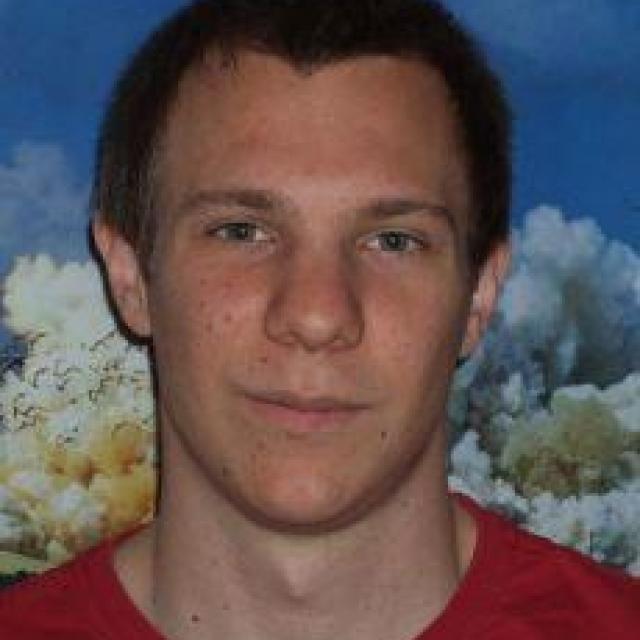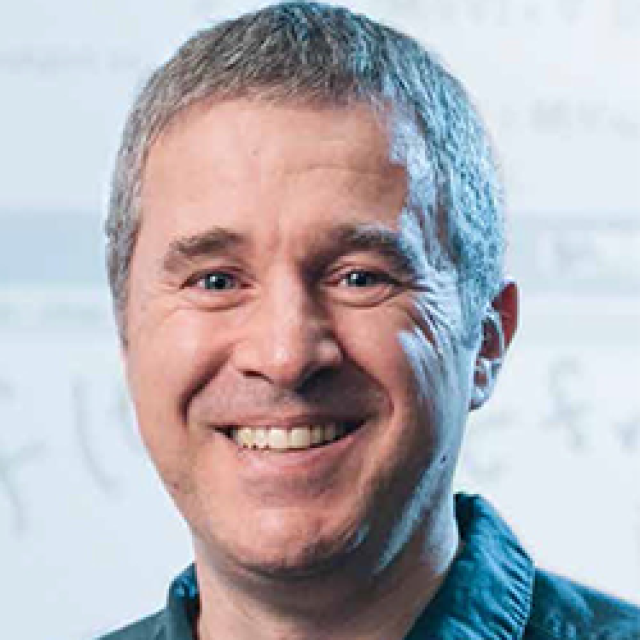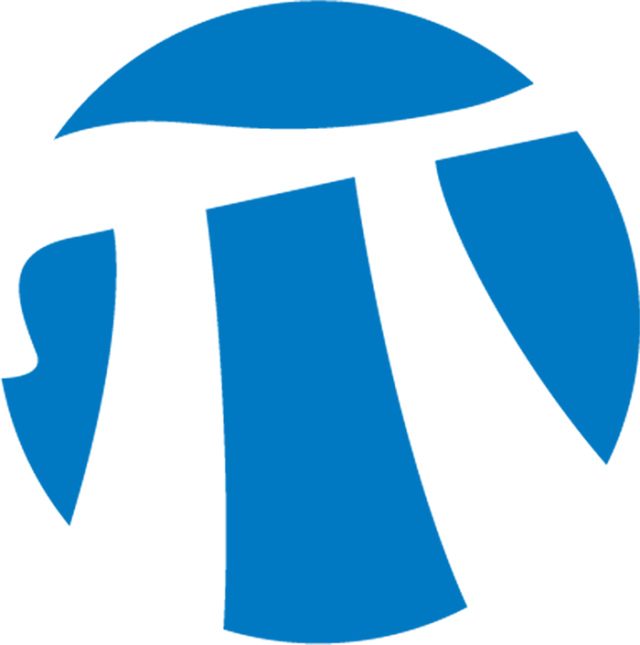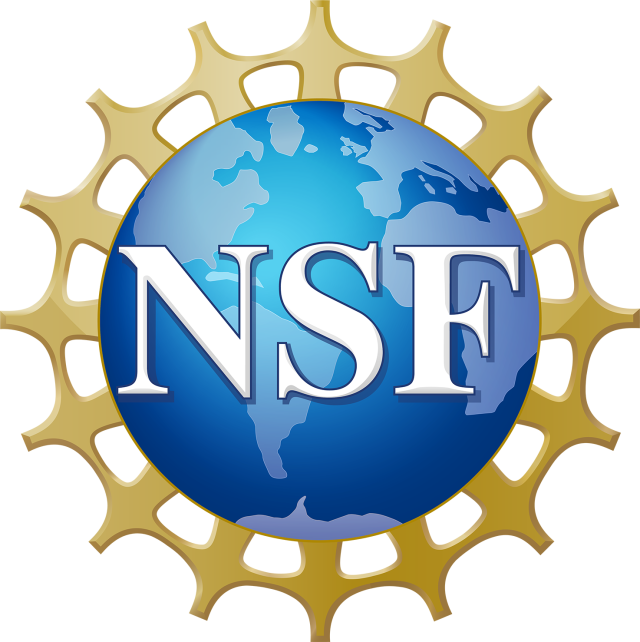Structure-Preserving Scientific Computing and Machine Learning: Summer School and Hackathon
Topic
The Structure-Preserving Scientific Computing and Machine Learning Summer School and Hackathon takes place at the University of Washington from June 16 to 25, 2025.
Speakers
Details
We invite talented and motivated graduate students from Canada and the United States to participate in a unique Summer School and Hackathon. The goal of this event is to expose graduate students to the exciting and emergent field of Structured-Preserving Scientific Computing and Machine Learning, through four mini-courses taught by world-leading experts in computational mathematics and by gaining practical experience through Hackathon projects led by scientists and researchers in academia, government agency, industry, and national laboratory.
Interested graduate students are encouraged to apply early to secure travel funding support and accommodation.
Application deadline: April 15th 2025 or until 40 graduate students have been accepted.
Please apply via this link: https://forms.gle/MxbqHQ9wWNoEfsuX9
Hackathon project leaders
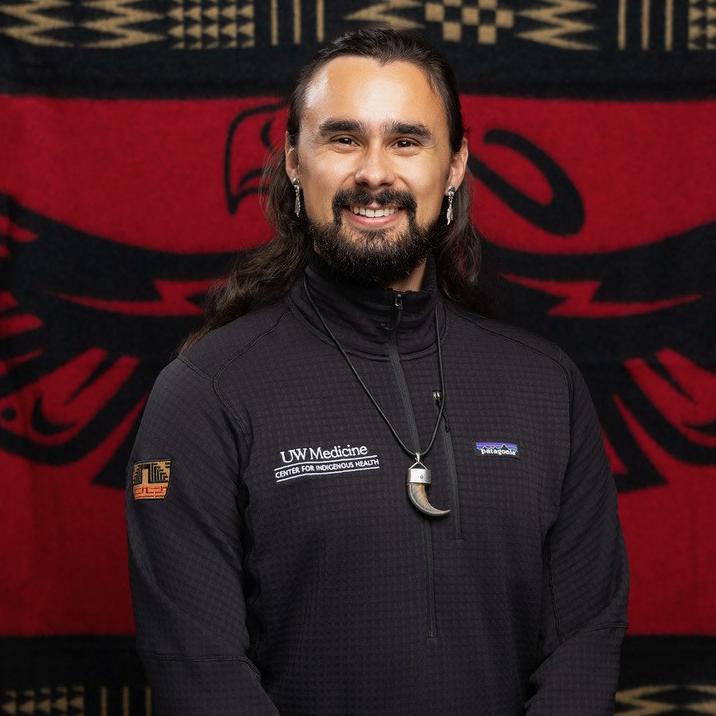
| Oliver J Bear Don't Walk IV, University of Washington (USA) |

| John Coughlin, Zap Energy (USA) |

| Stéphane Gaudreault, Environment Canada |

| Terry Haut, Lawrence Livermore National Laboratory (USA) |
About the PIMS Collaborative Research Group on Structure-Preserving Discretizations and their Applications:
Nature abounds with mathematical structure. Computational models of nature, however, often do not reflect such structure, and hence their predictions may suffer. Structure-preserving discretizations are numerical methods that attempt to mimic mathematical structures or properties of the continuous system on the discrete (numerical) level. Such discretizations are often essential in order to maintain the accuracy and stability of simulations. Important applications whose predictions hinge on structure preservation include fusion and turbulence. These applications are linked to some of the most pressing current societal issues. Moreover, emergent applications that utilize machine learning techniques can also benefit from incorporating structure-preserving ideas to improve their prediction and generalizability.
This PIMS Collaborative Research Group (CRG) on Structure-Preserving Discretizations and their Applications brings together researchers in structure-preserving discretizations from academia and industry to share their knowledge, expertise, and current challenges. The main three themes of this CRG are:
- Development of Structure-Preserving Discretizations
- Applications of Structure-Preserving Discretizations
- Structure-Preserving Machine Learning Methods

